A recent report released by the Institute for Energy Economics and Financial Analysis (IEEFA) suggests that Bangladesh has the potential to save $460 million annually by improving energy efficiency. The report highlights that such an initiative not only promises significant financial benefits but also offers a solution to lessen the country's dependency on expensive liquefied natural gas (LNG) imports.
In a comprehensive survey conducted for the report, 51 industries were analyzed, encompassing 124 gas-fired captive generators with a total generation capacity of around 250 megawatts (MW). The aim was to identify strategies to address Bangladesh's growing demand for LNG.
Shafiqul Alam, lead analyst for Bangladesh Energy at IEEFA, expressed concerns about Bangladesh's escalating appetite for gas, warning that it could lead to soaring prices and supply challenges, potentially hindering the country's economic progress. He emphasized that the current energy import strategy was ill-equipped to handle the volatility of the international fuel market and other economic uncertainties.
Alam highlighted the inefficiency of gas-fired captive power generation, noting that despite some improvement in efficiency over the last decade, there remained a significant amount of untapped potential. He stressed the need for industries to harness waste heat produced by generators, which is often overlooked.
The report suggests that by replacing outdated and inefficient generators with more modern and efficient models, and optimizing the utilization of waste heat, Bangladesh could slash LNG imports by a substantial 21%, equating to a reduction of 50.18 billion cubic feet annually, resulting in the aforementioned $460 million in savings.
While acknowledging the significant upfront investment required for such initiatives, the report indicates that the capital outlay could be recouped within 1.5 to five years. Moreover, the study found that investment in waste heat recovery could yield returns in as little as one year.
Alam emphasized the urgency of the situation, noting that as global energy prices increase and regulatory frameworks evolve, the financial benefits of improving energy efficiency become even more compelling. He called on the government to take decisive action, leveraging existing policies such as mandatory energy audits and the role of organizations like the Sustainable and Renewable Energy Development Authority (SREDA) to drive progress.
In conclusion, the report urges Bangladesh to adopt a comprehensive approach, combining efforts to enhance grid reliability, expand renewable energy capacity, and phase out outdated gas-fired plants. By embracing these measures, Bangladesh can significantly reduce its reliance on LNG imports and move towards a more sustainable energy future.



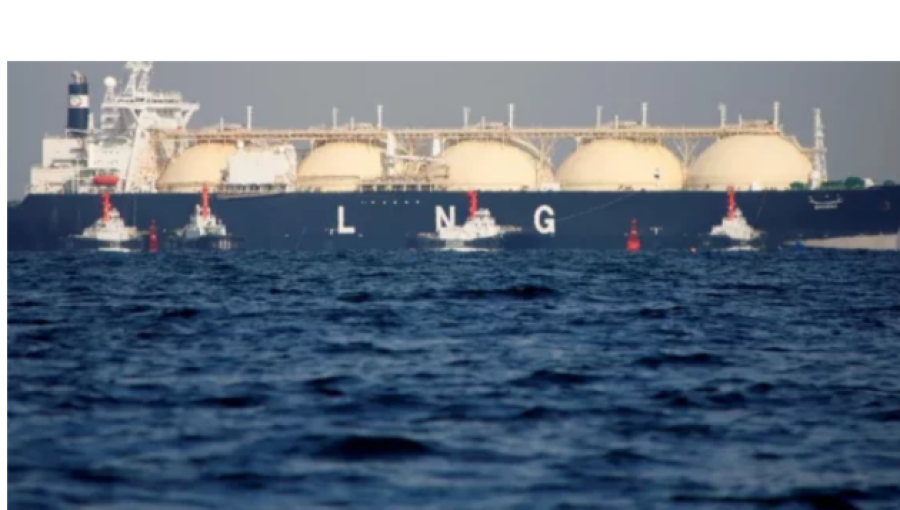


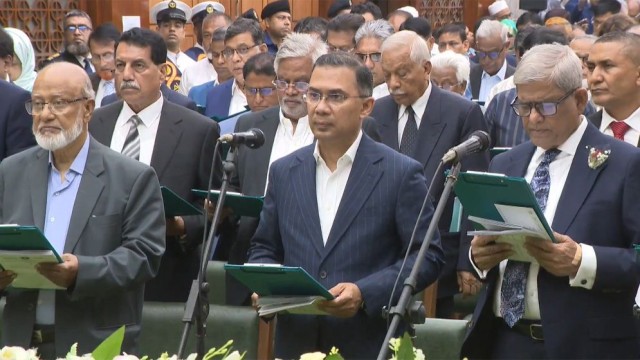
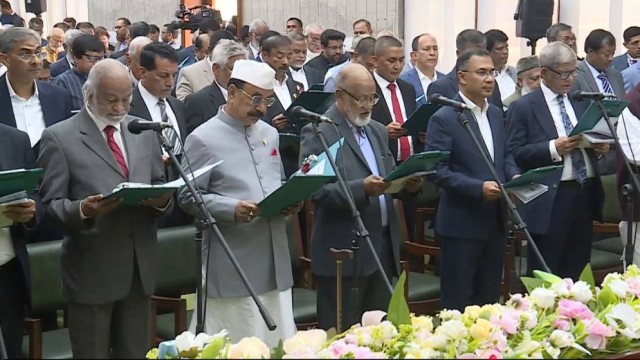



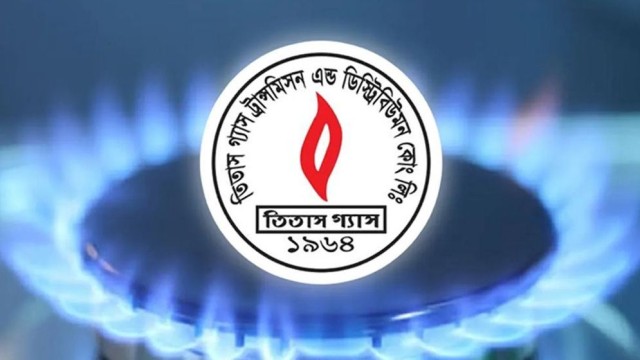
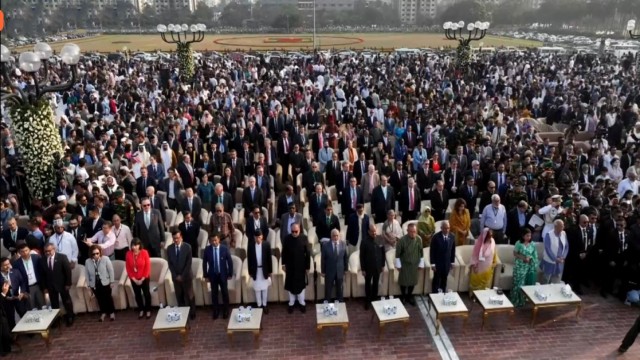












Comment: